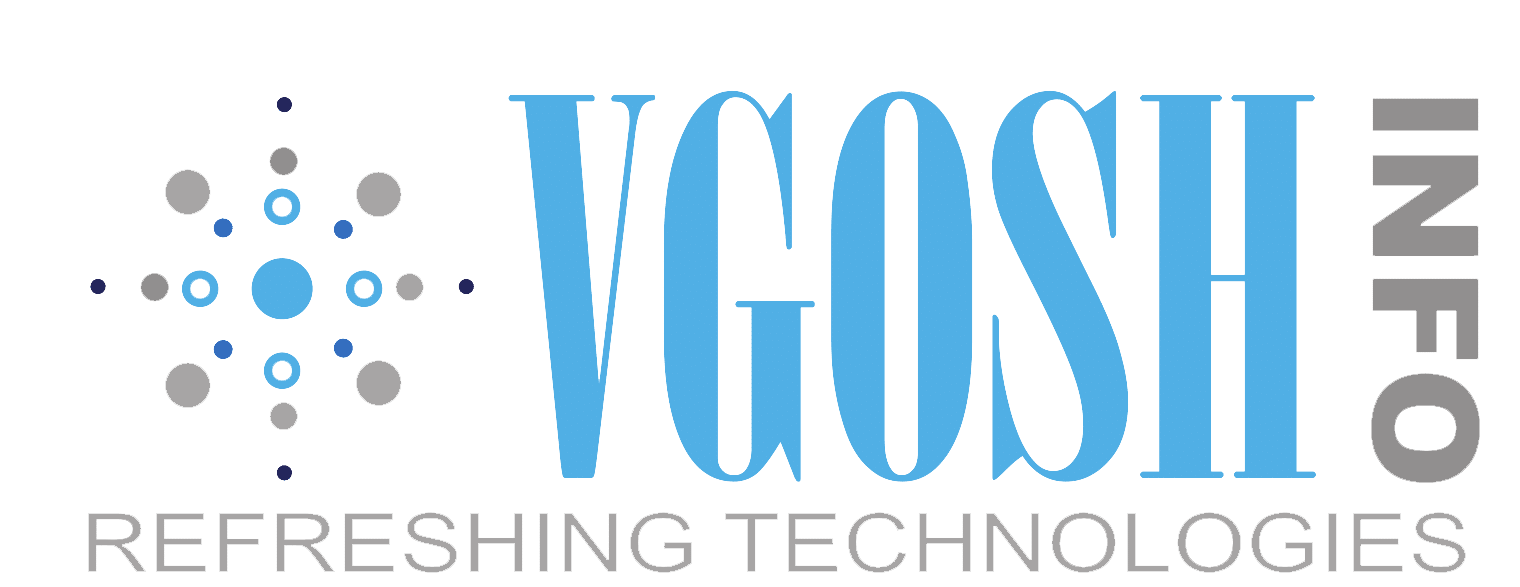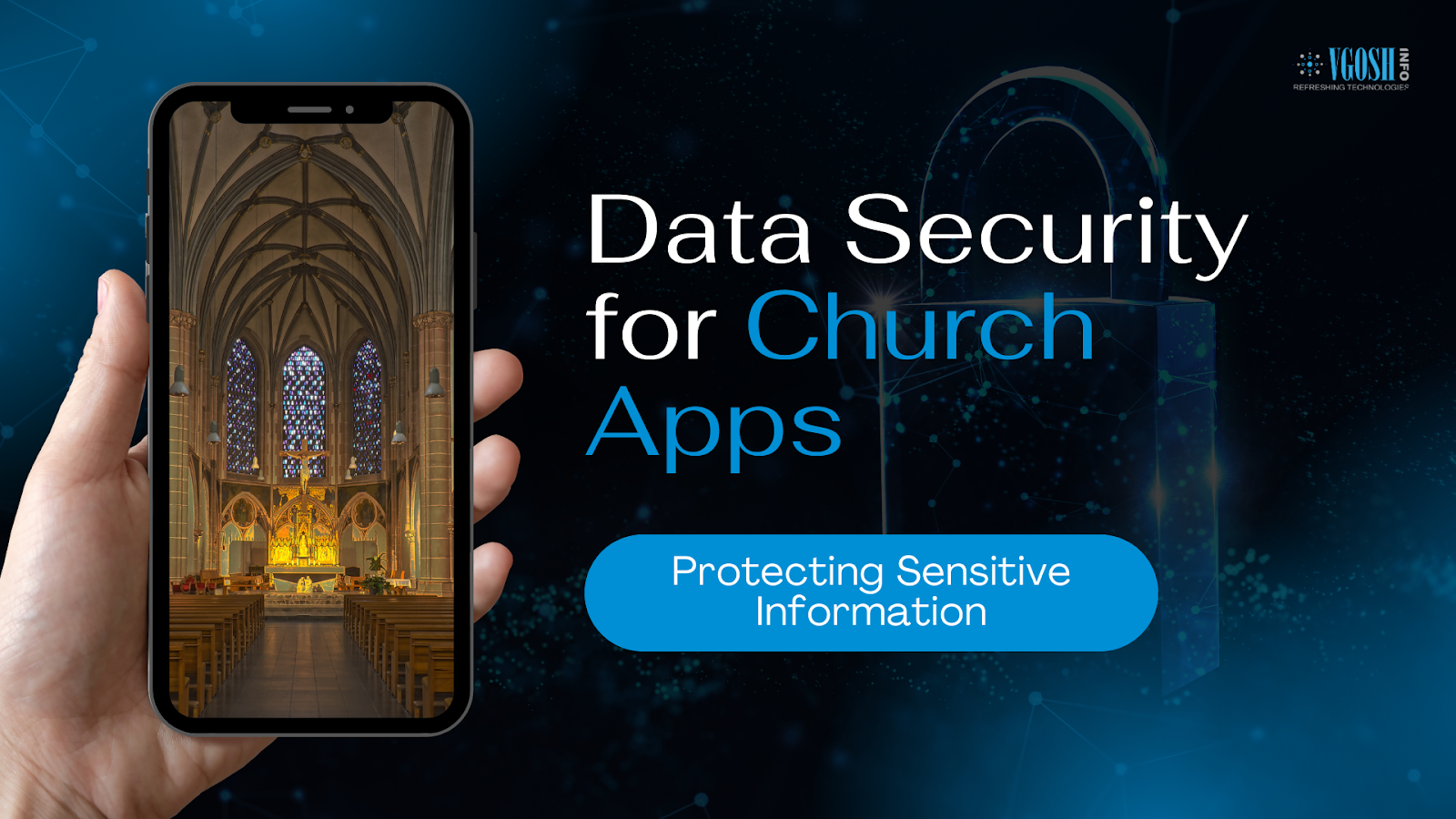Data Security for Church Apps in Singapore: Safeguarding Sensitive Information
The Importance of Data Security in the Church
In today’s digital age, churches increasingly rely on technology to connect with their members, manage their operations, and spread their message. This includes using church apps, which can be incredibly useful for various purposes, such as sharing news and announcements, providing access to sermons and other resources, and collecting donations.
However, church apps also collect and store a significant amount of sensitive data, such as personal information about members, financial information, and private communications. This data is a valuable target for hackers, who could use it for various malicious purposes, such as identity theft, fraud, and cyber blackmail. As a result, churches must take steps to protect their data and ensure that it is handled securely.
Common Data Security Threats Faced by Churches
Churches are not immune to data security threats. They may be particularly vulnerable due to their lack of resources and expertise in cybersecurity. Some of the most common data security threats faced by churches include:
- Phishing attacks: Hackers send emails or text messages that appear to be from a legitimate source, such as the church itself, in an attempt to trick users into revealing their personal information or clicking on a malicious link.
- Malware infections: Hackers can infect church computers or mobile devices with malware, which can steal data, encrypt files, or disrupt operations.
- Ransomware attacks: Hackers encrypt church data and demand a ransom payment in exchange for the decryption key.
- Data breaches: Hackers can gain unauthorized access to church databases and steal sensitive data.
Data Security Best Practices for Churches
There are several steps that churches can take to protect their data and ensure that it is handled securely. These include:
- Conducting a data security assessment: The first step is to understand what data the church collects and stores. This will help to identify potential risks and develop a plan for mitigating them.
- Implementing strong passwords: All church staff and volunteers should use strong passwords for all of their church-related accounts. They should also change their passwords regularly and avoid using the same password for multiple accounts.
- Using encryption: Churches should encrypt all sensitive data, both at rest and in transit. This will help to protect the data in the event of a data breach.
- Training staff and volunteers: Church staff and volunteers should be trained on data security best practices, such as how to identify and avoid phishing attacks, how to report suspicious activity, and how to handle sensitive data securely.
- Developing a data security incident response plan: Churches should have a plan in place for responding to data security incidents. This plan should include steps for identifying the breach, containing the damage, notifying affected individuals, and reporting the incident to the appropriate authorities.
Additional Resources for Churches
There are several resources available to help churches improve their data security posture. These include:
- The Personal Data Protection Commission (PDPC) of Singapore: The PDPC provides a wealth of information on data protection laws and best practices.
- The Singapore Computer Emergency Response Team (SingCERT): SingCERT provides incident response services and security advisories for organizations in Singapore.
- The Cyber Security Agency of Singapore (CSA): The CSA provides cybersecurity guidance and resources for organizations in Singapore.
Finally, Data security is a serious issue that all churches need to take seriously. By following the best practices outlined in this blog post, churches can help protect their data and ensure that it is handled securely.
By working together, we can make sure that church apps are a force for good in the world.





